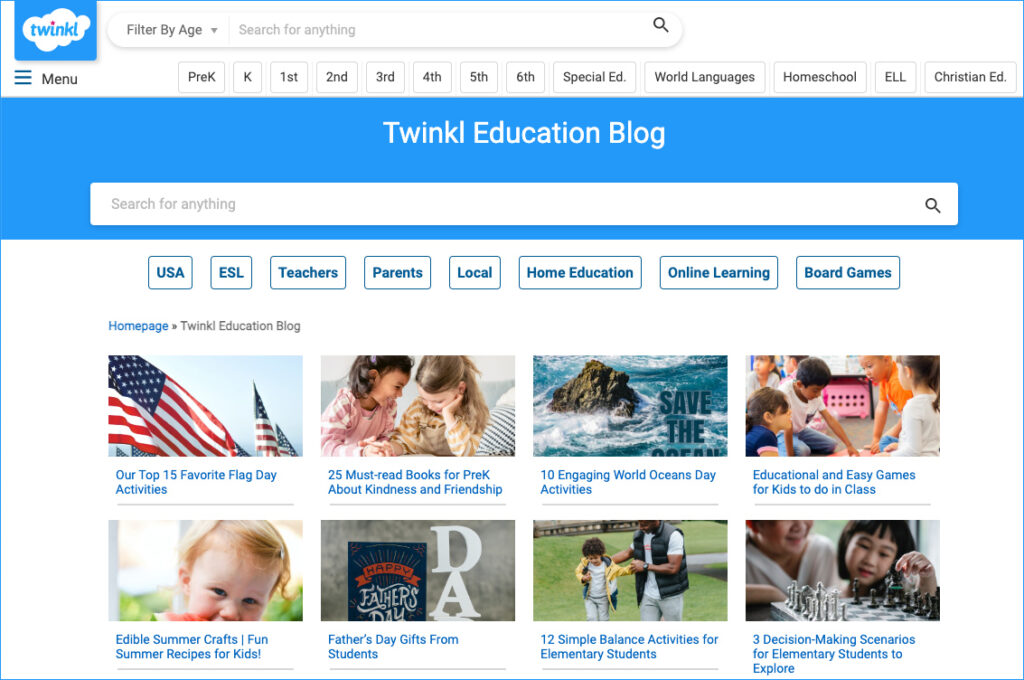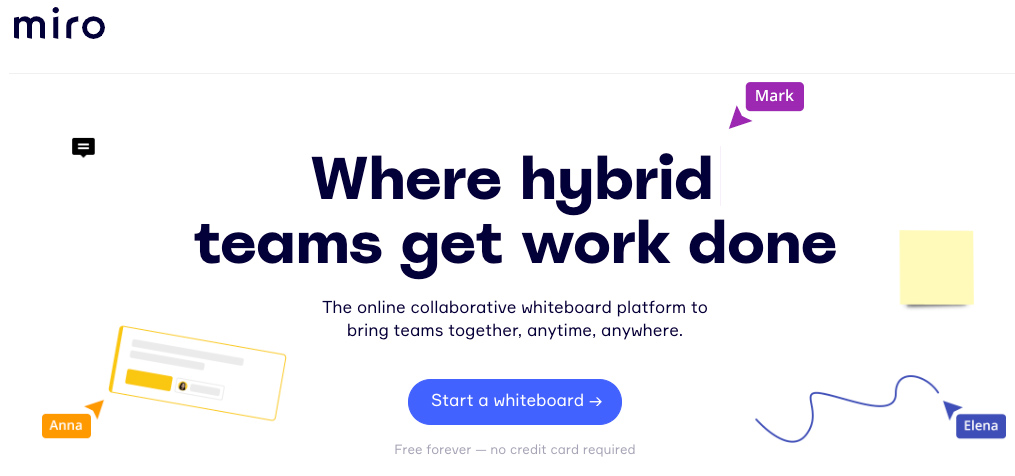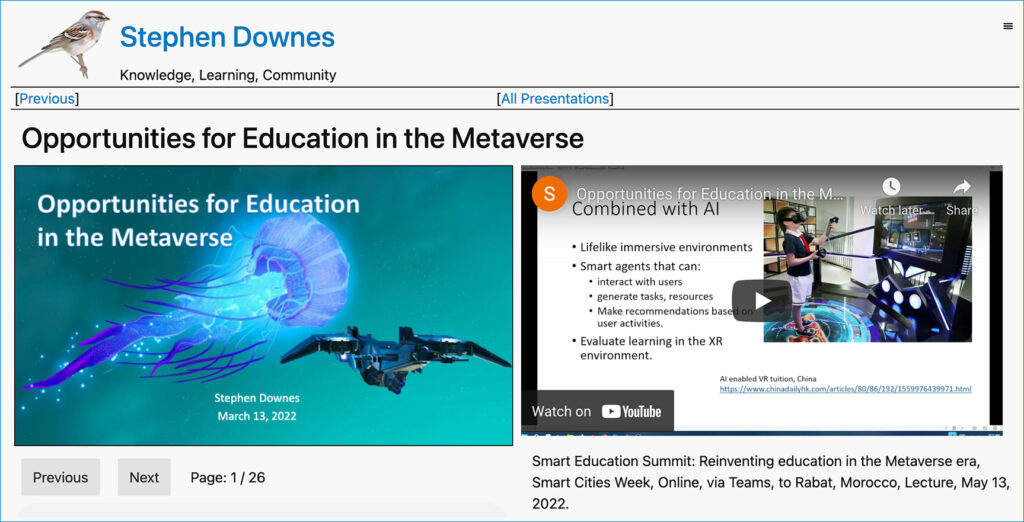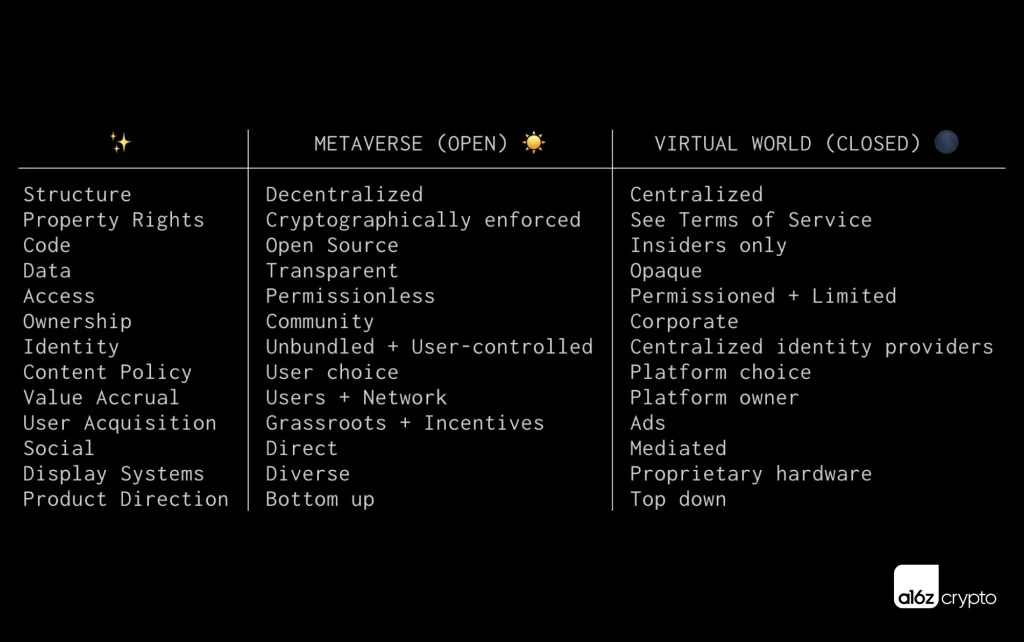How has your legal service delivery model changed as we look forward to post-pandemic life? — from legal.thomsonreuters.com
Excerpt:
The rise of the self-service delivery model
Self-service for legal clients was already a trend before COVID, a trend that accelerated during the shutdowns. Clients now expect to be able to find answers themselves to many of their basic legal questions. Call it the Google-fication of legal service delivery. Clients also want to be able to see their matter statuses without having to take the time to call their lawyers, possibly incurring a charge.
Below are some other legal-related items:
Law Schools Are Changing Thanks To Legal Tech — from lawyer-monthly.com
New digital skills courses are rapidly being added to undergraduate law degrees in the UK. While the first students are currently studying the digital skills course, it’s expected that further students will take part over the coming months. Here, we explore what digital skills courses in law schools are covering.
Pioneers and Pathfinders: Bob Ambrogi — from seyfarth.com by J. StephenPoor
Description of podcast:
For anyone following the rapidly evolving area of legal technology, today’s guest will be a familiar voice. Bob Ambrogi—lawyer, journalist, media consultant, and blogger—has been working at the intersection of law, media, and technology for 40 years. He is known internationally for his expertise in legal technology, legal practice, and legal ethics. He’s won numerous awards for his blog and his leading role on the cutting edge of change in the industry, including being named to Fastcase 50 and Legal Rebels Trailblazers. Before entering the blogosphere, Bob was an editor at a number of mainstream legal publications.
In today’s conversation, we talk about Bob’s journey as a journalist, his views on the current state of mainstream media, the potential of regulatory reform to further disrupt the industry, and the growing diversity of the legal technology industry.
***
>$425M in investment has poured into #contractmanagement in 2022. Here’s a ? on (i) possible reasons this is happening and (ii) where this market is going /1https://t.co/bYaWxOiY4Y
— Noah Waisberg (@nwaisb) May 17, 2022
Founders Forum invests in fintech-focused virtual law startup Chronos Law — from globallegalpost.com by Ben Edwards
Chronos will be rebranded Founders Law as part of the deal
Bohills said: “Most tech businesses require flexible legal services that don’t fit the traditional law firm model. I designed the firm to scale with the ambitious startups we support. This new investment will enable us to further recruit and satisfy the growing demand from the tech sector and its need for a new way to access legal advice.














